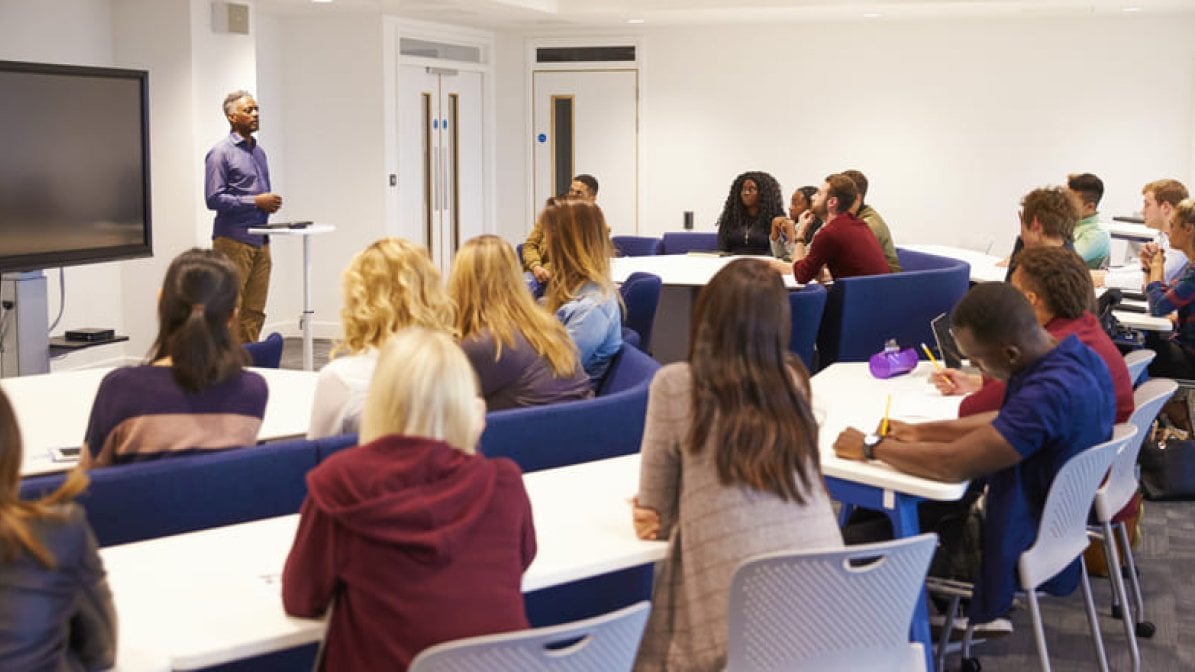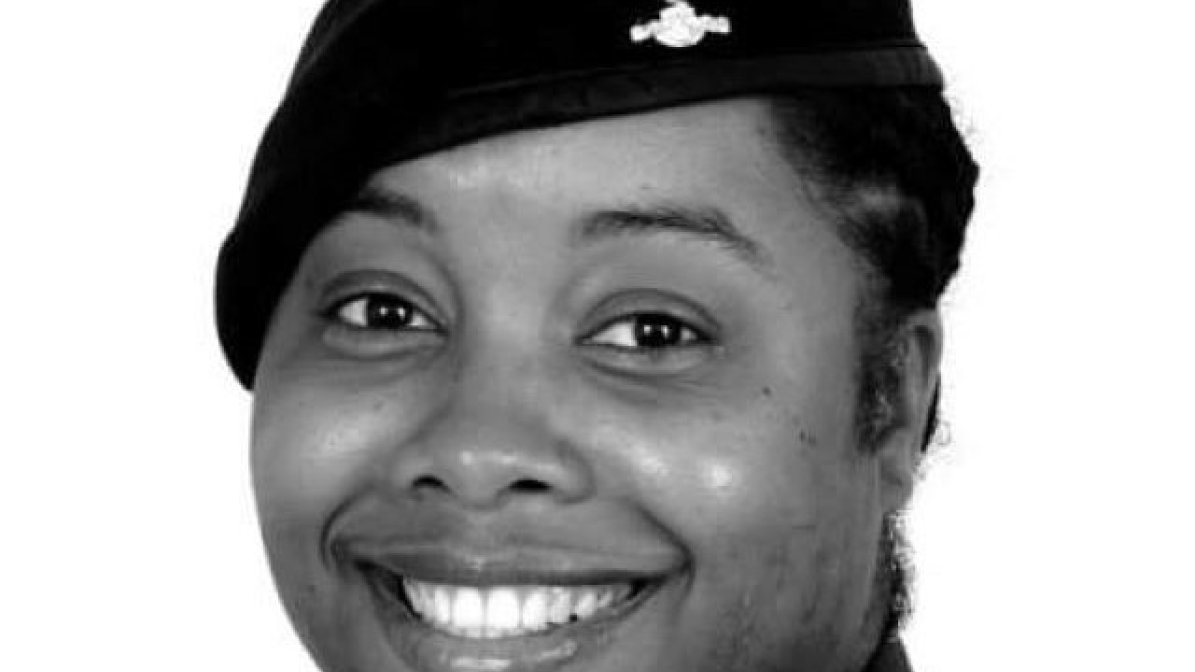
UK Armed Forces Covenant
A number of universities and colleges have signed the UK Armed Forces Covenant – details can be found on their websites.
Read more about the Covenant and what it means for you on the UK Armed Forces Covenant website.
If you have ever served as a Regular or Reservist in the UK Armed Forces, or remain a Reservist, you may find there are unique challenges involved in applying to university or college.
There’s a broad range of support to assist UK Armed Forces veterans and Service leavers who want to access higher education – including support with making your application and during your studies. This support is available regardless of whether you are still undergoing resettlement, or it has been several years since you made the transition to civilian life.
Members of the UK Armed Forces (including veterans and Service leavers) can get funding to support lifelong learning through two key schemes:
When applying to university or college, it can be difficult to understand how training and qualifications gained in the UK Armed Forces compare to ‘traditional’ routes to higher education, and the qualifications students typically take. You might also be unsure if your qualifications are even recognised.
However, many universities and colleges recognise or accredit prior learning (RPL/APL) to give accreditation for relevant knowledge, skills, and experience already gained – this is commonly used for applicants who enter through non-traditional routes (e.g. mature students). Some course providers will even help match your rank and qualifications to existing civilian qualifications. This can vary between providers, so it’s important to contact them directly to discuss your options before making an application.

A number of universities and colleges have signed the UK Armed Forces Covenant – details can be found on their websites.
Read more about the Covenant and what it means for you on the UK Armed Forces Covenant website.
If you are not eligible for funding under the MOD schemes outlined above, you may wish to explore the student finance option. Depending on where you live in the UK, this is typically a tuition fee loan and a maintenance loan or grant.
If you are living with a disability, learning difference, long-term health condition or mental health condition, you may be eligible for additional funding to help you succeed with your studies, day- to-day activities, and lifestyle. You can apply for the Disabled Students’ Allowance (DSA) alongside student finance – read UCAS’ guide to the DSA
The Special Support Loan is increased support for students in particular circumstances (including those claiming the Armed Forces Independence Payment (AFIP)) to cover general study costs, travel costs, and child care costs. This is not considered as additional income when calculating eligibility for welfare benefits.
Universities and colleges are diverse and inclusive environments, and they welcome students from a wide range of backgrounds. To help everyone have the best opportunity to succeed, they offer targeted support for individual needs – this might be for a disability (including mental health conditions, learning differences and long-term health conditions), caring or parenting responsibilities, or help if you are a mature student.
You can also share a wide range of circumstances and support needs on the UCAS application.
In the UCAS application, you can share more information about your circumstances with the university or college.
In the ‘More about you’ section, you will see a question that asks if you have ever served in the UK Armed Forces. Tick yes if you have ever served as a Regular or Reservist in the Royal Navy, Royal Marines, British Army, Royal Air Force, or Merchant Mariners who have seen duty on military operations. You will not have to give further details at this stage.
This information helps the university or college connect you to the right support. They may get in touch with more information or to tell you about your options. Not all universities and colleges offer the same type of support, so research your options before you make your application to ensure they offer what you need.
The information you share is treated sensitively and only shared with those responsible for arranging support and helping you with your application. Knowing about your circumstances may also help admissions staff consider your achievements in context – it won’t reflect negatively on your application.
If you decide you don’t want support, you can choose not to accept it. But if you change your mind later on, or your circumstances change, it’s ready for you.
Read more about sharing that you are a veteran or Service leaver on our FAQs page.
Some students wonder if they should mention their circumstances in their personal statement – this is a completely personal decision and you should only do so if you feel it is relevant to your application.
Your background in the UK Armed Forces will likely have given you a wealth of experience, skills and knowledge that will be valuable in your studies and further career choices. Thinking about these is a great starting point for writing your personal statement. You don’t have to go into lots of detail about your past experiences – it’s about showcasing the skills you have.
Also, explain why you have chosen the course you’re applying to, and try to link your skills and abilities to it – this will help to show you're suitable for the course.

Find out about Patricka's experience of higher education as a UK Armed Forces Service leaver.
Taking care of your mental health and wellbeing is important, so it’s good to know what help is available if you need it. Most universities and colleges have a mental health and wellbeing team or mental health adviser who can tell you more about what’s available. Read more about managing your mental health and wellbeing in higher education.
There is dedicated mental health support services for all UK Armed Forces veterans and Service leavers through the NHS – read more about the NHS OP Courage service.

If you're helping someone to explore their career options or apply to university, we have resources to help you: